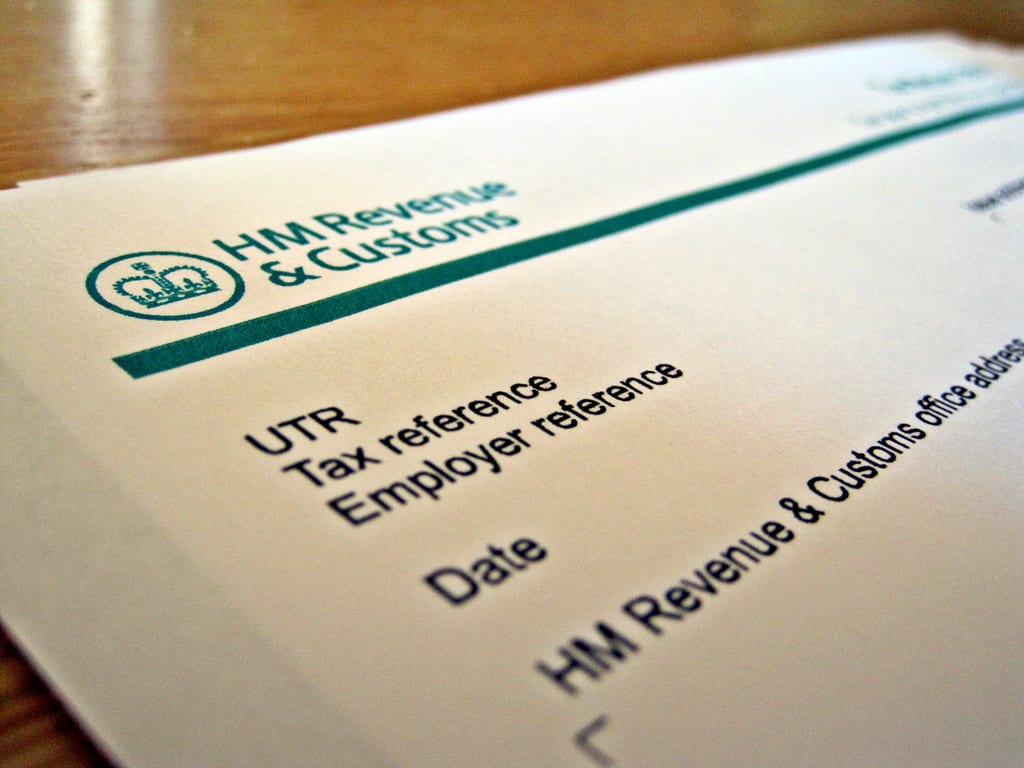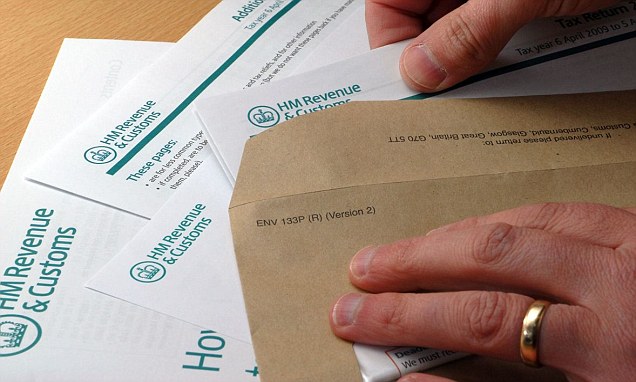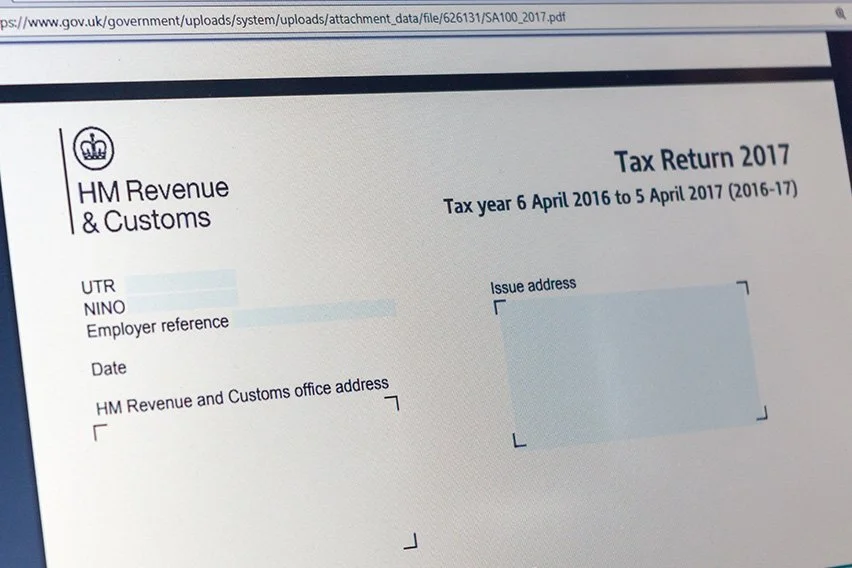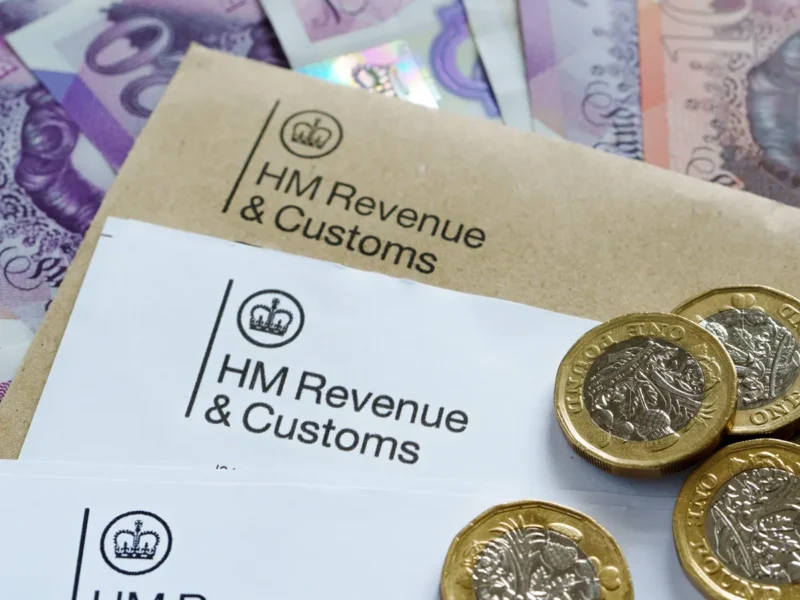HMRC (Her Majesty’s Revenue and Customs) can investigate property rental income records as far back as they deem necessary. If they suspect deliberate tax evasion, they view it as criminal activity and will pursue it until they collect.
However, voluntary disclosures typically cover the past 6 years. In extreme cases of deliberate behavior, HMRC can go back up to 20 years, but they must prove this with a burden of proof.
If you’re a landlord with undisclosed income, it’s important to address any unpaid tax promptly. Under the Let Property Campaign, you have an opportunity to get up to date with your tax affairs and benefit from favorable terms.
How Far Back Can Hmrc Go For Rental Income?

HMRC (Her Majesty’s Revenue and Customs) has specific time limits for assessing various taxes. These limits vary based on the nature of the tax and the behavior of the taxpayer. Here are the key points
4-Year Time Limit
The standard time limit of 4 years applies to all taxes. This means that HMRC can issue assessments within 4 years from the end of the relevant tax period. For VAT assessments, there are additional limitations.
6-Year Time Limit (Careless Behavior)
If tax has been lost due to careless behavior, HMRC can go back up to 6 years from the end of the relevant tax period. This applies to income tax, capital gains tax, corporation tax, stamp duty land tax, and more.
12-Year Time Limit (Offshore Matters)
When tax losses involve an offshore matter or offshore transfer, the 12-year time limit comes into play. It applies even if reasonable care has been taken. For inheritance tax, this limit also applies under specific conditions.
20-Year Time Limit (Deliberate Behavior)
In cases of deliberate behavior, HMRC can go back up to 20 years from the end of the relevant tax period. This includes situations where tax has been lost due to deliberate actions or non-compliance with obligations.
Different Scenarios and Their Implications
If a taxpayer’s actions result in tax losses due to carelessness, HMRC can assess up to 6 years back. It’s essential to maintain accurate records and exercise due diligence to avoid penalties.
When offshore matters are involved, the 12-year time limit applies. Whether reasonable care was taken or not, HMRC can scrutinize tax affairs related to offshore transactions.
The 20-year time limit comes into play for deliberate actions. If HMRC suspects intentional tax evasion, they can investigate tax records spanning two decades. Timely disclosure is important to avoid severe consequences.
What factors influence HMRC’s rental income investigation?

Income Discrepancies: When landlords report their rental income, HMRC compares this information with data from various sources, such as tenants or property management companies.
Any significant differences or inconsistencies between what is reported and what HMRC finds can raise red flags and prompt further investigation.
For example, if a landlord reports a lower rental income than what is indicated by tenant payments or property records, HMRC may investigate to ensure accurate reporting.
Compliance History
HMRC takes into account a landlord’s history of compliance with tax regulations when deciding whether to investigate their rental income.
Landlords who always report their rental income correctly and pay taxes on time are less likely to be investigated than those who don’t follow the rules.
HMRC may prioritize investigations on landlords with a track record of non-compliance.
Unexplained Wealth or Lifestyle
HMRC may initiate an investigation if a landlord’s lifestyle or financial situation suggests undisclosed rental income.
For instance, if a landlord possesses assets or enjoys a lifestyle that seems disproportionate to the reported rental income, HMRC may suspect that the landlord is not disclosing all their rental earnings.
In such cases, HMRC may investigate to uncover any unreported income or potential tax evasion.
Large Rental Income
Landlords who earn significant rental income are more likely to attract HMRC’s attention. HMRC may focus on landlords with substantial rental earnings to ensure they are accurately reporting their income and paying the appropriate amount of tax.
Large rental income amounts can indicate a higher risk of errors or deliberate underreporting, prompting HMRC to conduct a more thorough investigation.
Inconsistent Reporting
Inconsistencies in rental income reporting, such as discrepancies between the rental income declared and expenses claimed, can trigger HMRC investigations.
For example, If a landlord regularly reports rental income but neglects to declare related expenses or claims unusually high expenses compared to the reported income, HMRC may investigate to confirm the accuracy of the reported numbers and ensure adherence to tax laws.
Random Selection
As part of its routine compliance activities, HMRC may randomly select landlords for investigation. Even landlords who accurately report their rental income and expenses may be subject to investigation as part of HMRC’s random selection process.
Random checks help HMRC identify potential non-compliance and maintain the integrity of the tax system by ensuring that all taxpayers meet their obligations.
What penalties can occur for not declaring rental income to HMRC?

If you fail to declare your rental income to HMRC (Her Majesty’s Revenue and Customs), several penalties may apply
If you haven’t informed HMRC about your rental income, you could face penalties ranging from 10% to 30% of the tax due. The severity depends on whether the failure to disclose was deliberate. In cases of deliberate non-disclosure, the penalties can be increased up to 20% to 100%.
In extreme situations, HMRC may pursue criminal prosecution. While imprisonment is rare, it remains a possibility for severe tax evasion.
Loss of Tax Reliefs: Failing to declare rental income can result in the loss of tax reliefs you might otherwise be entitled to.
Your personal allowances (such as the Personal Allowance for income tax) may be affected if you don’t declare rental income.
If you sell a property and haven’t declared rental income, you may lose exemptions related to capital gains tax.
Not reporting your income could affect your ability to receive tax credits. And if you don’t declare rental income, it might impact your eligibility for certain benefits.
FAQ
How Do HMRC Know About Undeclared Income in the UK?
HMRC actively searches for non-registered businesses and undeclared or under-declared income. They gather information from various sources, including online searches, door-to-door inquiries, public reports, other government departments, and investigations into other businesses.
Can HMRC Go Back More Than 20 Years?
Yes, in extreme cases, HMRC can investigate tax affairs going back up to 20 years. However, such instances are rare, and investigations typically focus on shorter timeframes.
How Long Can HMRC Go Back for Self-Assessment?
Self-employed and partnerships: January 31st self-assessment tax return filing deadline. You need to go back six years from the end of the accounting period.
Final thoughts
It’s important to know that HMRC can investigate rental income, especially in cases of suspected fraud or deliberate tax evasion.
While voluntary disclosures typically cover the past six years, HMRC can look back up to 20 years in severe cases, but they need evidence for this.
Landlords with undisclosed income should deal with any unpaid tax promptly to avoid serious consequences. The Let Property Campaign provides a chance for landlords to sort out their tax affairs with good terms.
Following tax rules and getting professional advice when necessary helps maintain a good relationship with HMRC and prevents penalties.



